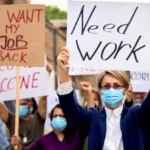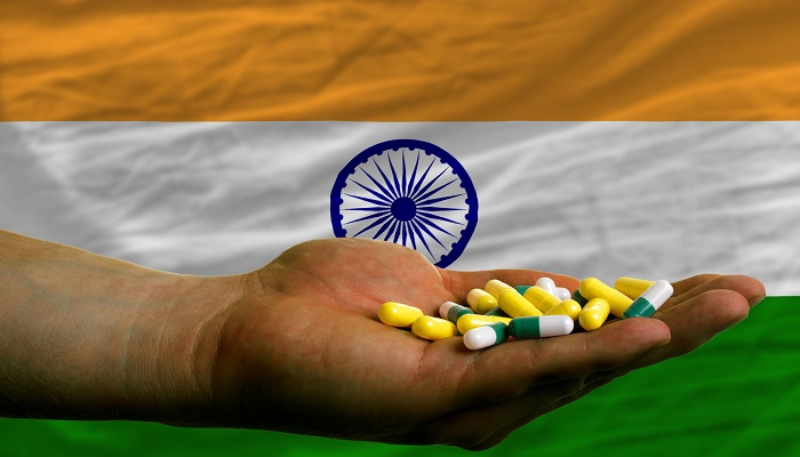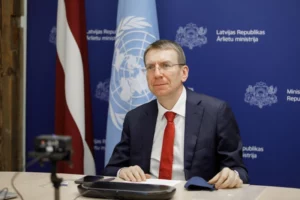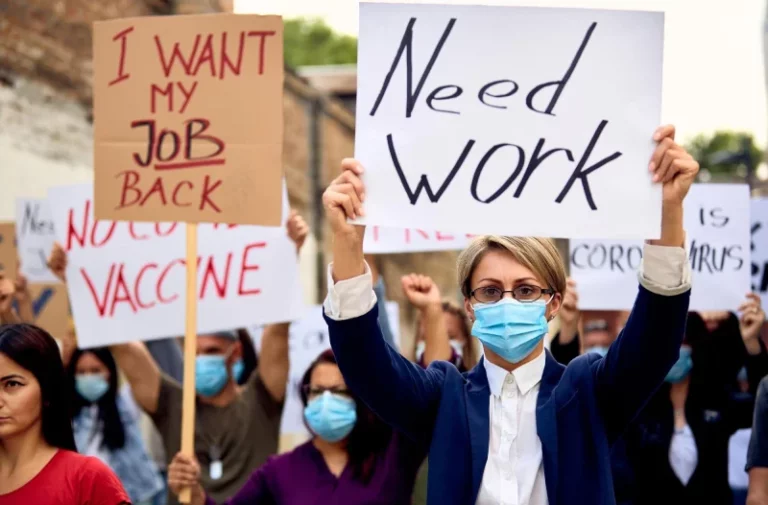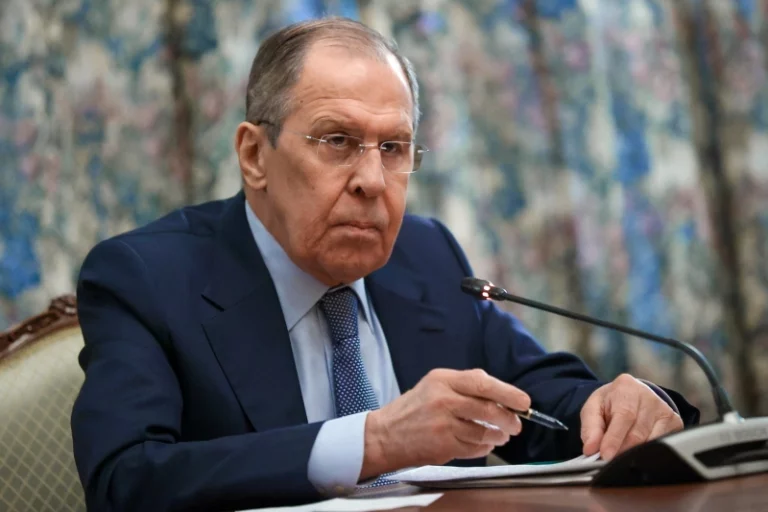Starting July 1, the Gambian government will enforce a new rule requiring inspection and testing of all pharmaceutical products imported from India, according to government documents reviewed by Reuters. This development follows the tragic deaths of numerous Gambian children attributed to Indian-made cough syrups.
Half of Africa’s pharma supply
This move by Gambia signifies a growing trend of governments reevaluating their reliance on India’s $42 billion pharmaceutical industry in the wake of the contamination incidents. India currently supplies nearly half of Africa’s pharmaceuticals. To ensure the safety of its population, Gambia aims to address the entry of substandard and counterfeit medicines into the country.
In a letter dated June 15, Markieu Janneh Kaira, the executive director of Gambia’s Medicines Control Agency (MCA), informed India’s drug controller general, Rajeev Singh Raghuvanshi, about the new requirement.
Stricter protocols
According to the letter, Quntrol Laboratories, an independent inspection and testing company based in Mumbai, has been appointed by the MCA to issue a Clean Report of Inspection and Analysis (CRIA) for all pharmaceutical shipments from India. The process involves document verification, physical inspection, sampling, and laboratory testing for each shipment. If the product meets the required standards, Quntrol will issue the mandatory CRIA document. However, if quality conformity is not established, the shipment will be quarantined or seized, and appropriate regulatory actions will be taken.
Janneh Kaira clarified that the rule currently applies only to India. Since June 1, India has already made testing mandatory for all cough syrups exported from the country. Raghuvanshi, in a letter to Indian state regulators, urged them to take note of Gambia’s new guidelines.
Deaths linked to cough syrups
The deaths of over 70 Gambian children in 2022, primarily due to acute kidney injury linked to adulterated cough syrups from India, prompted global health officials to take action. The World Health Organization identified lethal toxins, namely ethylene glycol and diethylene glycol, in the Indian-made cough syrups. These substances, commonly used in car brake fluid and other non-consumable products, were found to be substitutes for propylene glycol, a key component in syrupy medicines. Unscrupulous actors employ these cheaper alternatives, which can cost less than half the price of propylene glycol, in the manufacturing process.
Gambia, with its population of 2.5 million, is one of Africa’s smallest and poorest countries. The World Bank is currently financing a testing laboratory in Gambia, but its construction is not yet complete. The letter from the MCA did not specify whether the analytical laboratory for testing samples would be based in India or elsewhere.
As the Gambian government takes decisive steps to protect its citizens from substandard pharmaceutical products, it highlights the need for increased scrutiny and stringent quality control measures in the global pharmaceutical industry. The focus on testing and inspection is crucial to prevent similar tragedies and ensure the safety of patients, particularly in developing nations.
